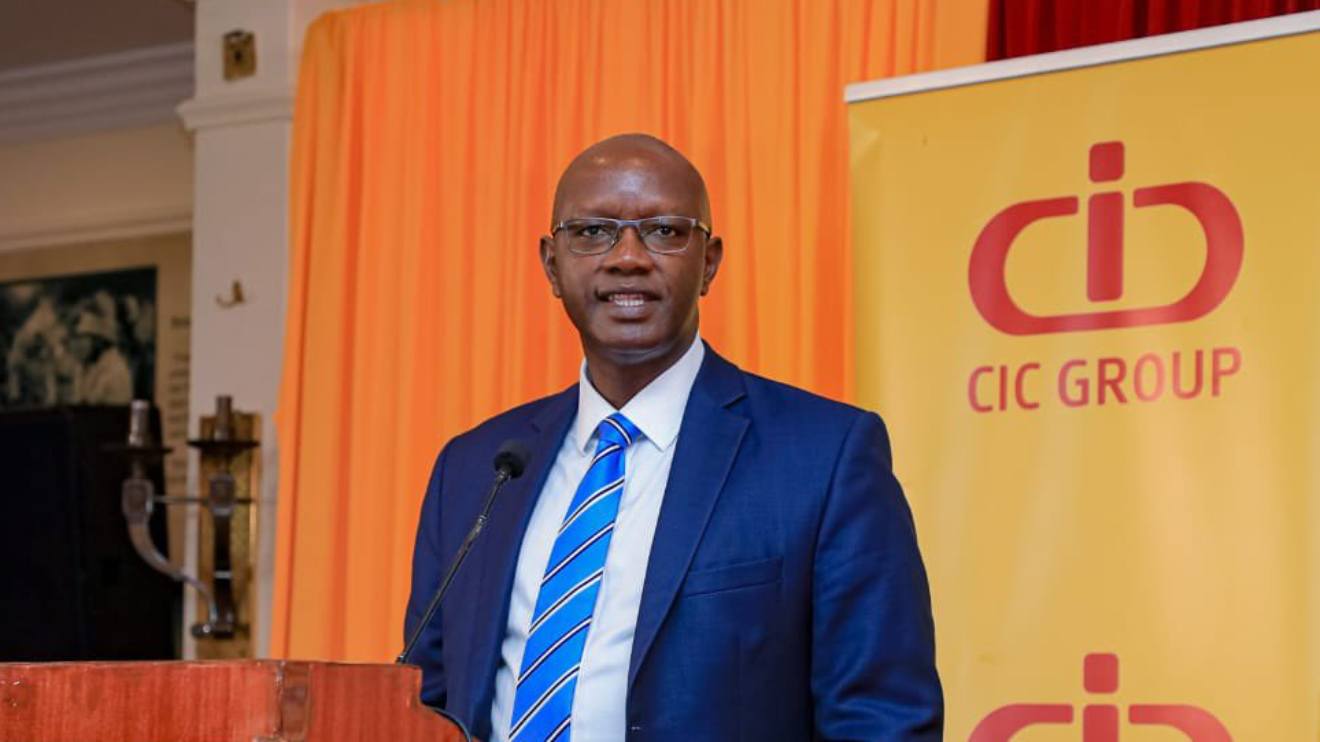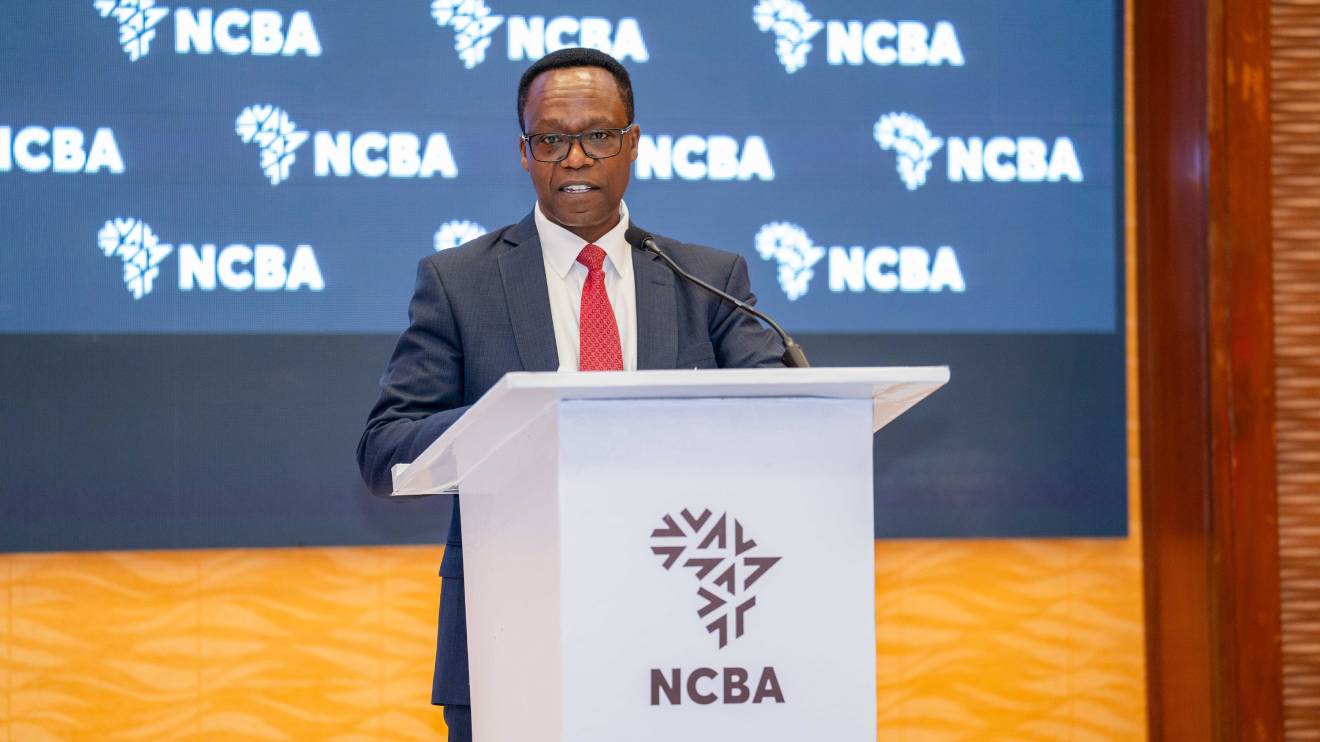In an effort to resuscitate Kenyan micro, small, and medium enterprises (MSMEs) that were severely impacted by the Covid-19 pandemic, the World Bank is set to inject Sh14.47 billion (approximately $100 million) into the country's economy.
A National Treasury document has revealed the key details of this substantial financial assistance.
The National Treasury has outlined the primary objective of the initiative, known as the Supporting Access to Finance and Enterprise Recovery (SAFER) project, which is to significantly improve access to financial services, enhance the capabilities of MSMEs, and bolster the post-Covid-19 recovery efforts of these crucial economic players.
"The project seeks to address market failures in the provision of finance to MSMEs, which have been exacerbated by the negative impact of Covid-19," stated the Treasury in a report published in March this year.
This financial support will complement the existing Financial Inclusion Fund, commonly referred to as the "Hustler Fund," which was launched by President William Ruto as part of his bottom-up economic agenda.
Read More
Under the SAFER project, individual microenterprises will be eligible for loans ranging from Sh7,000 to Sh150,000, while small enterprises can access loans between Sh150,001 and Sh250,000.
Repayment periods will span from 18 months to three years for micro and small enterprises, respectively, with a possible grace period of six months for both categories.
A significant portion of the funds, approximately Sh8 billion, will be dedicated to supporting liquidity, with a particular emphasis on women-led businesses in the informal sector, helping them mitigate the adverse effects of the pandemic.
An additional $30 million (Sh4.42 billion) will be allocated to de-risking measures, where the National Treasury will establish a Credit Guarantee Scheme to provide partial credit guarantees to financial institutions that extend loans to MSMEs.
The remaining $15 million (Sh2.2 billion) will be channeled into technical assistance aimed at enhancing the resilience and capacity of the MSME finance ecosystem over the course of the five-year SAFER project.
The Covid-19 pandemic took a devastating toll on Kenyan MSMEs, resulting in the closure of numerous businesses due to government-imposed safety and health measures.
This economic crisis led to the loss of nearly 1.8 million jobs and paralyzed key sectors such as hospitality, transport, education, and entertainment, according to official data.
In response to the crisis, former President Uhuru Kenyatta introduced an eight-point economic stimulus program, which included measures to enhance liquidity for MSMEs through affordable credit provisions.
The SAFER project will be overseen by the National Treasury, with specific directives for savings and credit cooperative societies (SACCOSs) and microfinance banks to extend loans to eligible MSMEs.
To date, approximately $5.39 million (Sh795 million) has been disbursed by the International Development Association (IDA), a branch of the World Bank Group dedicated to lending to economically disadvantaged nations.
SAFER, a five-year IDA credit program, had its financing agreement signed on February 8, 2022, and became effective on May 9, 2022, signaling a significant step toward revitalizing Kenya's struggling small businesses in the wake of the pandemic.

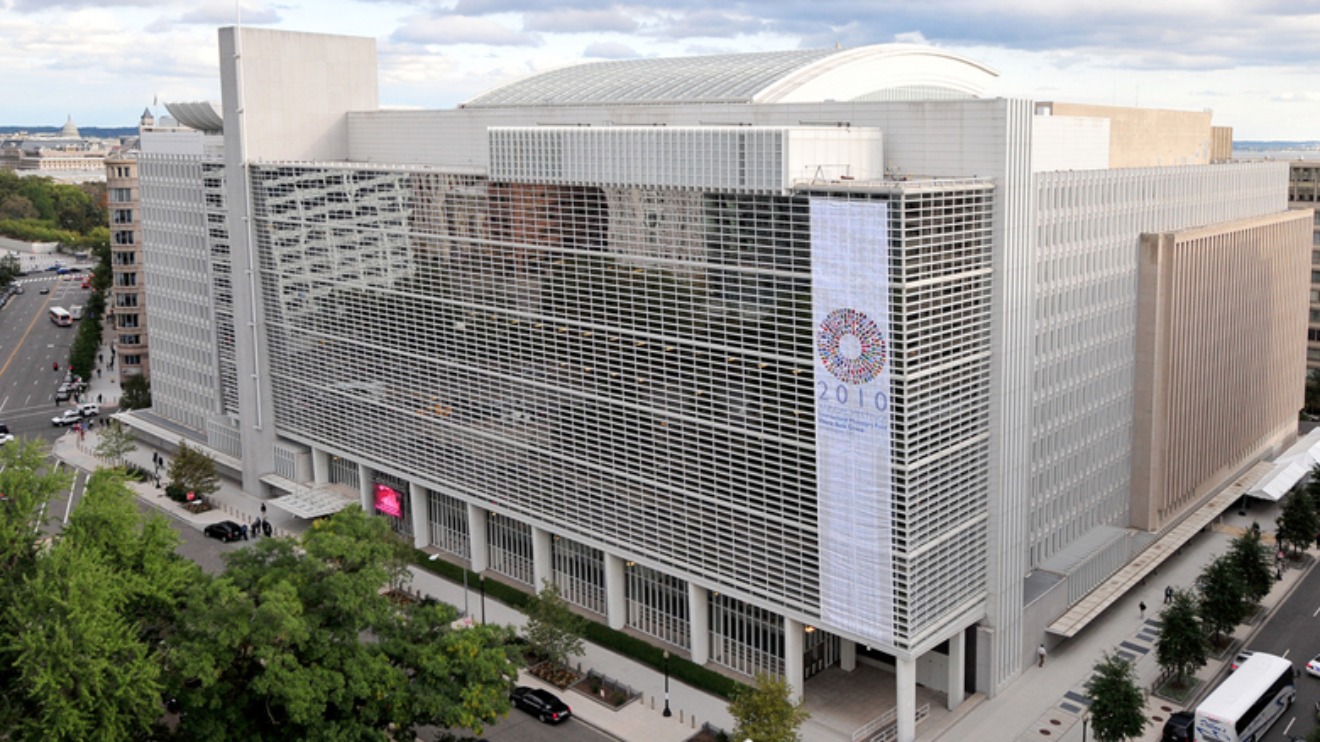

-1756319289.jpg)
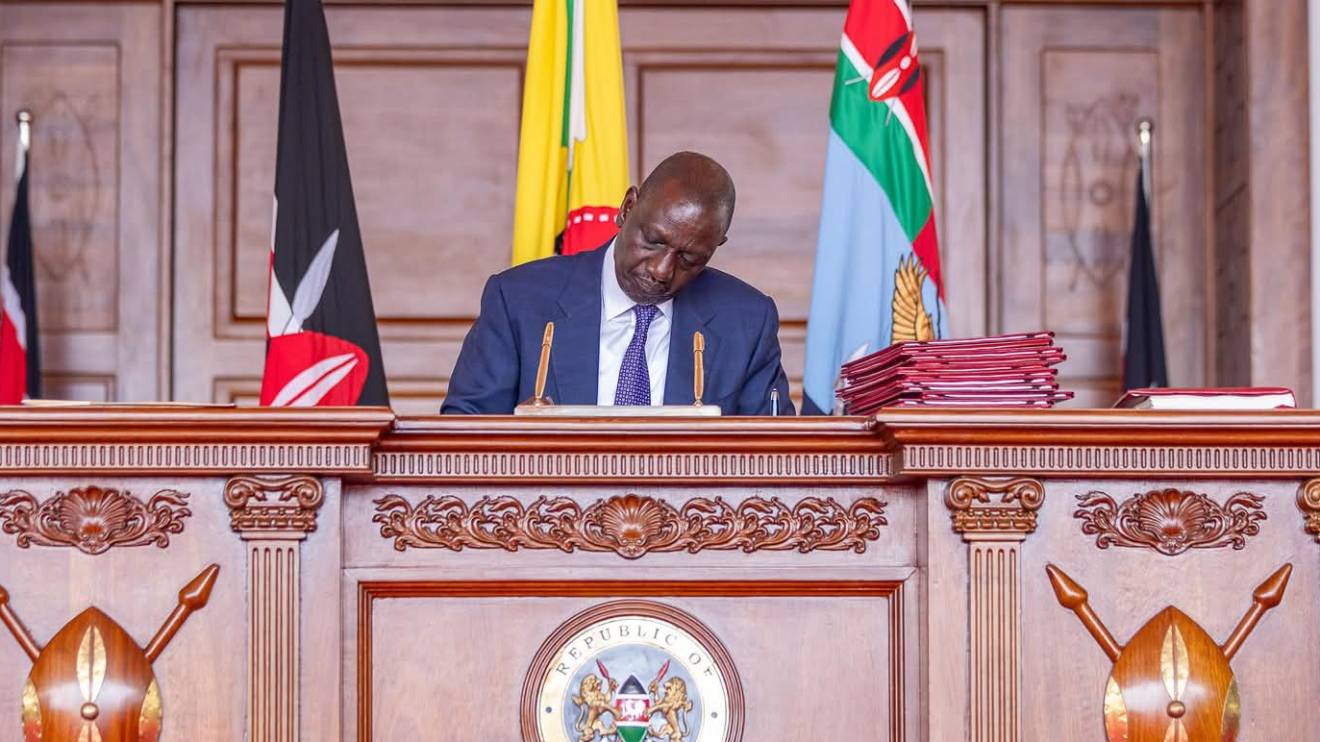

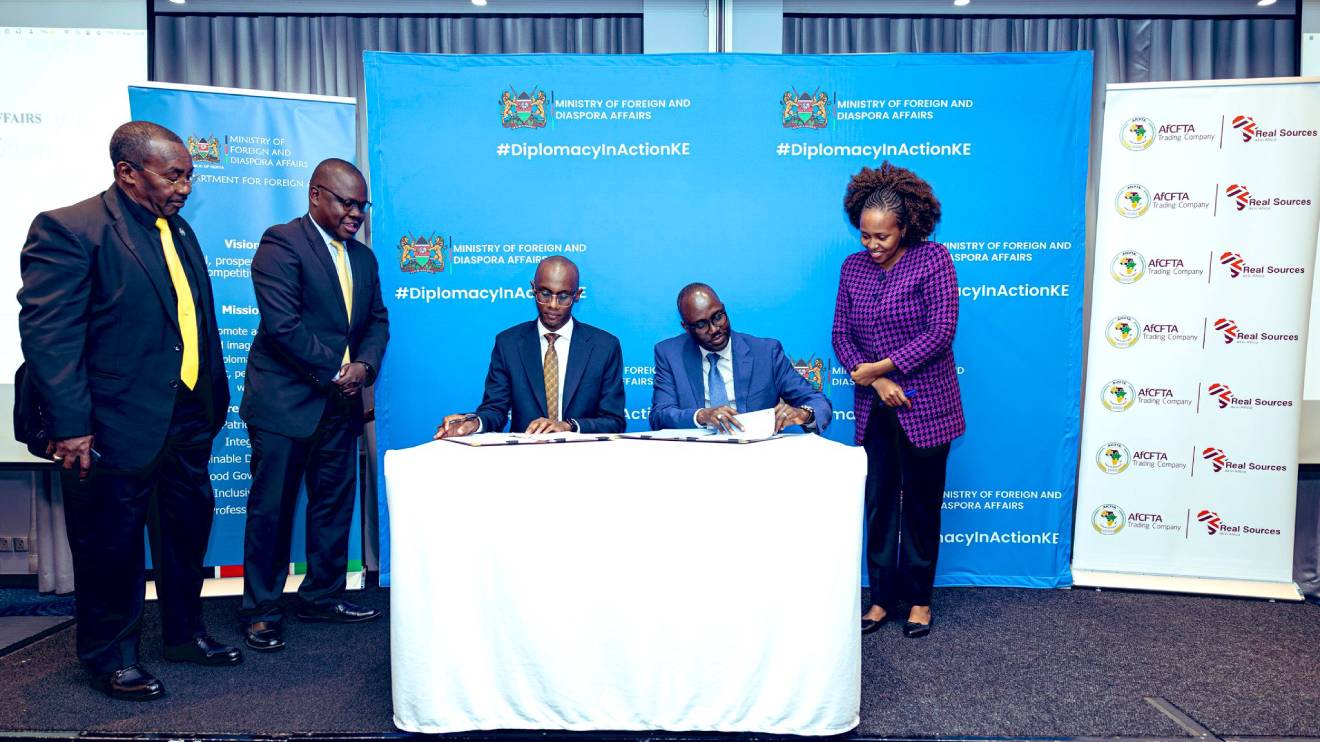
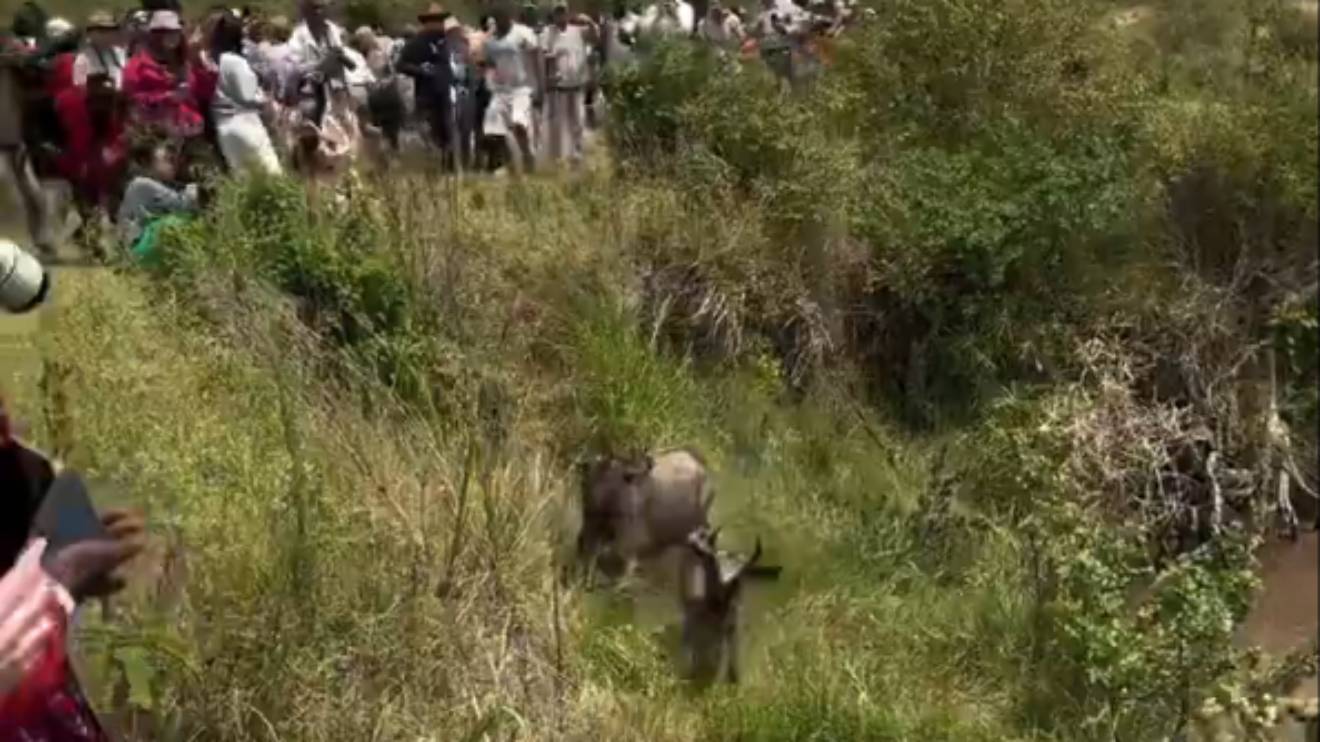
-1756474472.jpg)
